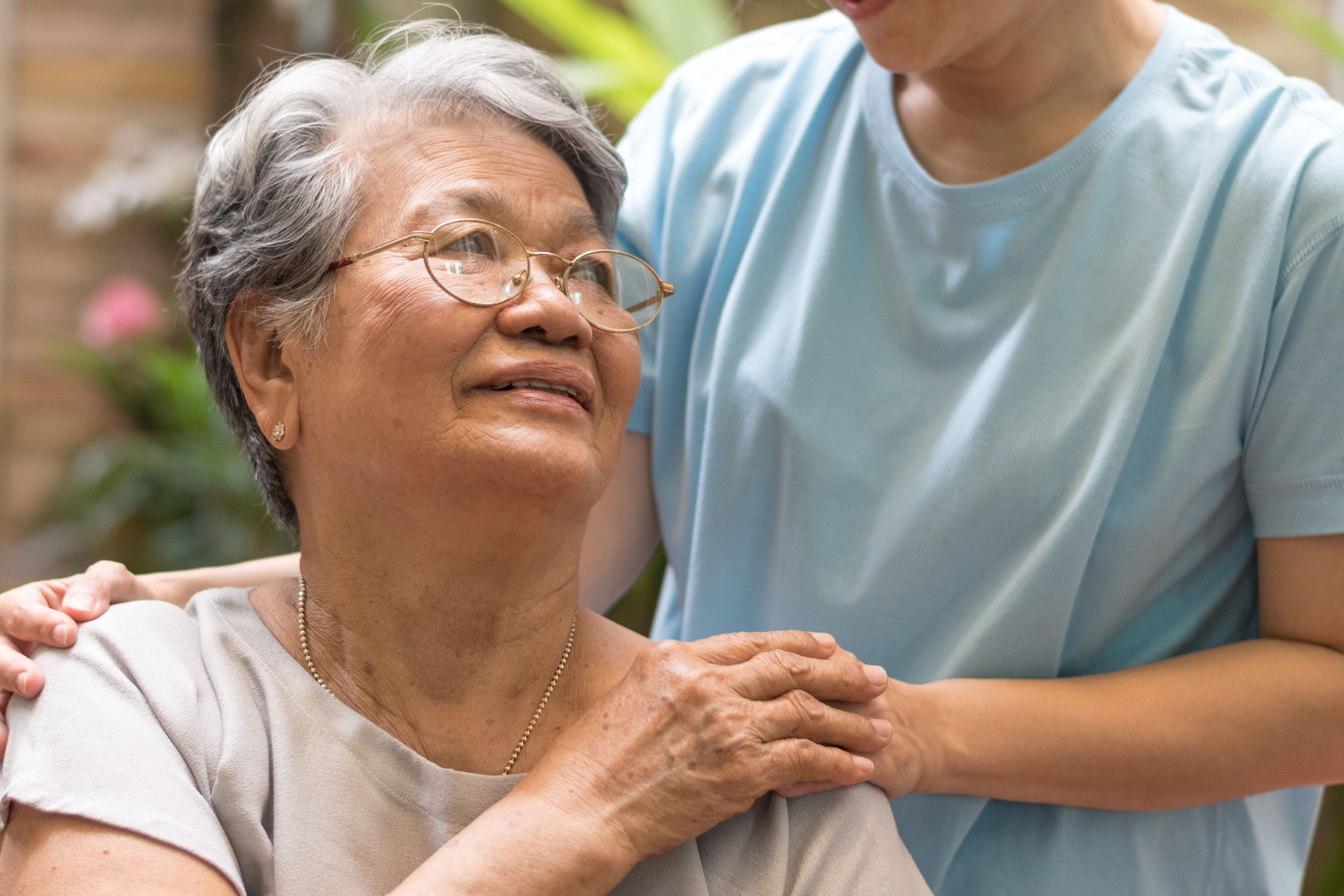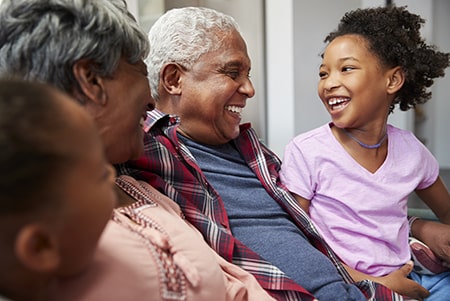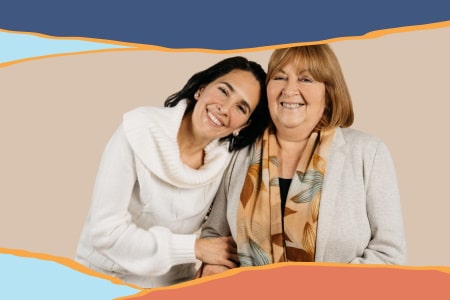Home & Community Based Services
Resources

Tips for Communicating with Health Care Professionals as a Caregiver
Caregivers for older adults often find themselves needing to play a key role as a communicator and decision-maker during their loved one’s health appointments. However, this role can often be challenging, especially when we are unfamiliar with medical terms, or feel like we shouldn’t burden health care professionals with questions they’ve probably answered a hundred times before.
Read More
Mental Health 101: Helping Your Loved One Face Changes in Mental Health
Depression, anxiety and other behavioral health symptoms can make life difficult for anybody, but especially for older adults whose behavioral changes are often dismissed as normal aging. Despite what many say, getting the “blues” is not a not a normal part of aging. This webinar will provide an overview of two common mental health concerns: depression and anxiety. In addition to learning what to look for, and when someone may need extra support, we will look at what we can do to support your older loved ones who may be experiencing a mental health concern and what resources are available.
Watch
Sundowning and Dementia: What to do About Late-Day Behaviors
For those with dementia and their caregivers, the late day hours can often be a disorienting, stressful time. When the sun goes down, individuals with dementia may become agitated, restless, confused, irritable and at times even delirious—seeing and hearing things that are not there—to a greater extent than they do early in the day. This symptom of dementia is known as “sundowning” or “Sundowners Syndrome.” For individuals with dementia and their caregivers, it can be a scary, upsetting nightly occurrence.
Read More
Honor Your Mental Health on World Mental Health Day
Sunday, October 10, is World Mental Health Day. Those of us who serve on the staff of the Behavioral Health Services (BHS) department of the Benjamin Rose Institute on Aging demonstrate our dedication and commitment to helping older adults with mental health issues not only on this special day, but every day. Our organization has a long history of service to those older adults who struggle with their mental health. We believe that recognizing the importance of breaking the stigma attached to mental health issues and encouraging all people to take care of themselves, especially their emotional and mental wellbeing, is key to a life well lived.
Read More
Healthy Living for Your Brain and Body: Tips from the Latest Research
For centuries, we’ve known that the health of the brain and the body are connected. But now, science is able to provide insights into how to make lifestyle choices that may help you keep your brain and body healthy as you age. Join us to learn about research in the areas of diet and nutrition, exercise, cognitive activity, social engagement, pharmacological treatments, and use hands-on tools to help you incorporate these recommendations into a plan for healthy aging. Lastly, you will learn from Benjamin Rose Institute on Aging about an evidence-based care-coaching program, BRI Care Consultation™, that is available for free in Cuyahoga, Athens and Washington Counties to support individuals with, or at risk of, dementia, including individuals with intellectual and developmental disabilities, and their caregivers.
Watch

